Joining Forces: Alli’s Integrative Approach to Appendix Cancer (LAMN & PMP)
Alli’s story is one of resilience, self-advocacy, and the power of holistic care. Diagnosed with a rare type of appendix cancer (low-grade appendiceal mucinous neoplasm, or LAMN) that lead to a second rare cancer diagnosis — pseudomyxoma peritonei (PMP) — on Christmas Day in 2023, Alli faced a whirlwind of emotions and medical decisions, leading to personal growth. Living in Perth, Australia, but originally from the UK, she navigated this challenging time far from her extended family. Yet, through it all, she found a new purpose, deeper connections, and a fresh appreciation for life.
Interviewed by: Taylor Scheib
Edited by: Katrina Villareal
Looking back, Alli realizes she had symptoms for years — persistent bloating, constipation, severe abdominal pain, unexplained weight fluctuations — but they were often dismissed. As a nurse practitioner, she knew her body and pushed for answers, yet traditional scans failed to detect her low-grade appendiceal mucinous neoplasm (LAMN) with pseudomyxoma peritonei (PMP). Even after relocating to a different state, her symptoms intensified. It wasn’t until she demanded another scan in December 2023 that doctors discovered a suspicious fluid-filled mass. Days later, she found herself in emergency surgery.
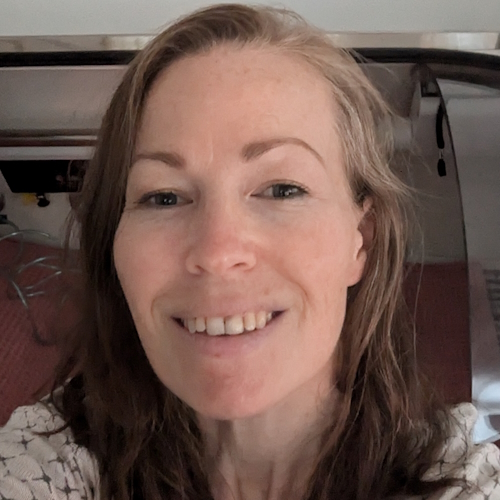
Waking up from surgery, Alli was told her appendix had ruptured and cancer had spread throughout her abdominal cavity, affecting multiple organs. The news was devastating, but Alli’s medical background kicked in and she immediately started researching her options. With only five surgeons in Australia performing the complex peritonectomy surgery needed for her condition, she faced long wait times. Instead of succumbing to feelings of powerlessness, Alli took control of her health, exploring integrative treatments.
Alli traveled to Thailand where she underwent low-dose chemotherapy, hyperthermia, and high-dose vitamin infusions. This integrative treatment approach helped her reduce inflammation and tumor burden, making her stronger for the major surgery ahead. When the time came, Alli flew to Melbourne for the peritonectomy — a grueling 15-hour procedure. Waking up, she was overwhelmed with gratitude. The surgeons believed they had removed all visible cancer.
However, the road to recovery wasn’t easy. Just weeks later, Alli was hospitalized with a bowel obstruction and was told she was too high-risk for another surgery. She managed to avoid emergency intervention, but the experience was one of the most emotionally taxing of her life. Through holistic approaches and self-care, she has since managed her health while embracing a renewed sense of purpose.
Alli now dedicates herself to raising awareness about appendix cancer, self-advocacy in medical settings, and the importance of seeking second opinions. She emphasizes that no one should settle for a single diagnosis without exploring all options. Through social media, she provides hope to others facing cancer, proving that a diagnosis doesn’t define you — it’s how you approach it that matters. Every day, she wakes up grateful for life, her family, and the strength she’s built along the way.
Watch Alli’s story to find out more about:
- How Alli’s medical background helped her fight for a proper diagnosis.
- Why she chose a combination of alternative and traditional treatments before major surgery.
- The mental and emotional impact of possibly dying young, like her mother.
- The power of community and self-advocacy in navigating a rare cancer diagnosis.
- Name: Alli B.
- Age at Diagnosis:
- 45
- Diagnosis:
- Appendix cancer – also known as Low-Grade Appendiceal Mucinous Neoplasm (LAMN) with Pseudomyxoma Peritonei (PMP)
- Symptoms:
- Bloating
- Severe constipation for over a year
- Severe abdominal pain
- Stabbing pains over gallbladder area
- Inability to walk or stand due to abdominal pain
- Unexplained sharp weight gain and loss
- Treatments:
- Chemotherapy
- Surgeries: appendectomy, peritonectomy
- Integrative cancer care
As described by the Mayo Clinic regarding complementary and integrative therapy: treatments promoted in integrative medicine are not substitutes for conventional medical care. They should be used along with standard medical treatment.
This interview has been edited for clarity and length. This is not medical advice. Please consult with your healthcare provider to make informed treatment decisions.
The views and opinions expressed in this interview do not necessarily reflect those of The Patient Story.

Inspired by Alli's story?
Share your story, too!
More Appendix Cancer Stories
Lindsay B., LAMN Appendix Cancer
Symptom: Increasing urge to urinate
Treatments: Cytoreductive surgery (CRS), Hyperthermic Intraperitoneal Chemotherapy (HIPEC)
Faye L., Pseudomyxoma Peritonei (Rare Appendix Cancer)
Symptoms: Severe bloating, bad stomachache, elevated CA 125 and tumor markers
Treatments: Chemotherapy, surgery
Alli M., Appendix Cancer, Stage 4
Symptom: Severe abdominal pain
Treatments: Surgeries (right hemisphere colectomy, appendectomy, HIPEC), chemotherapy
Ariel M., Appendix Cancer, Stage 4, High-Grade
Symptom: Sharp pain with gas & bowel movements
Treatments: Surgery (radical hysterectomy), chemotherapy, PIPAC clinical trial (pressurized intraperitoneal aerosol chemotherapy)
Hannah R., Appendix Cancer, Stage 4
Symptoms: Bloating, fullness, UTIs, blood in urine, pain during intercourse, high blood pressure, spotting
Treatments: Surgery (appendectomy, cytoreductive surgery), chemotherapy, radiation (to treat recurrence)
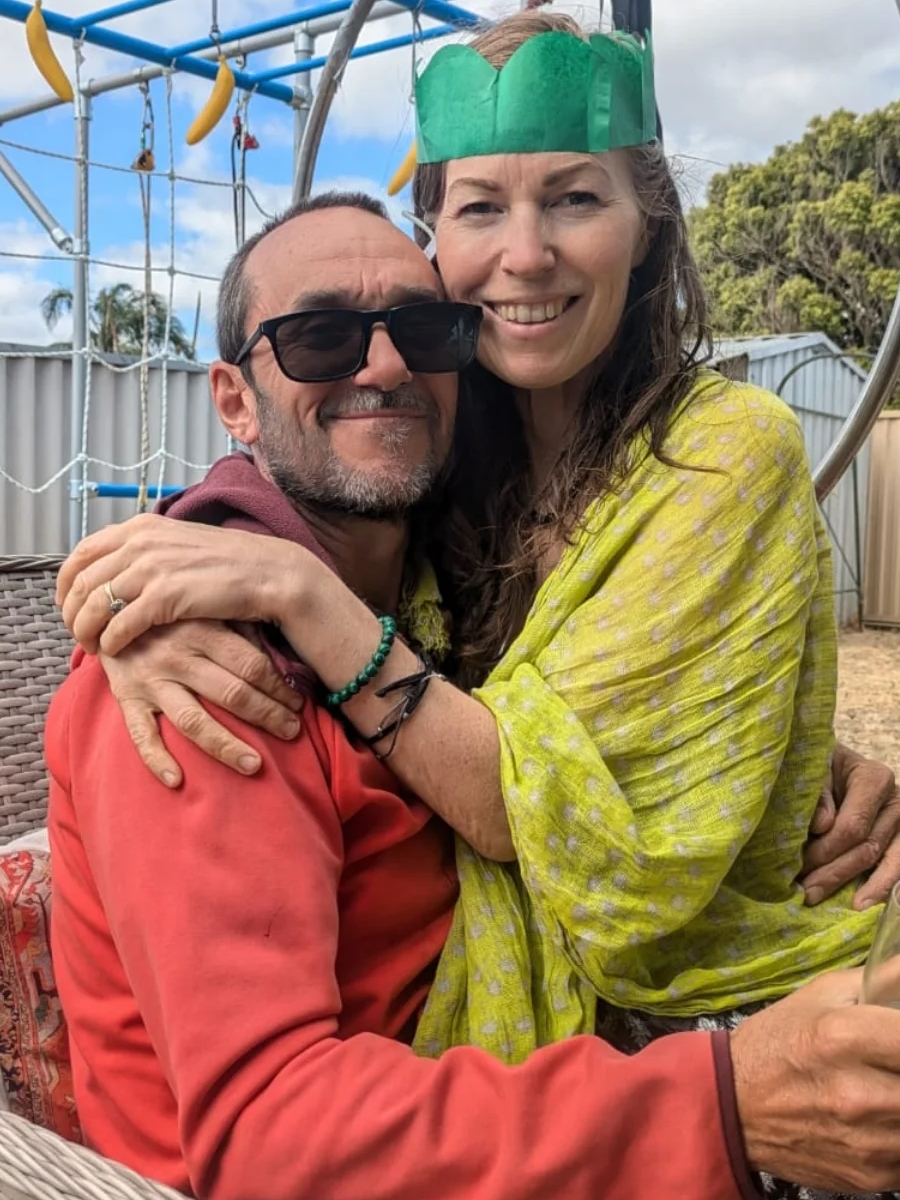
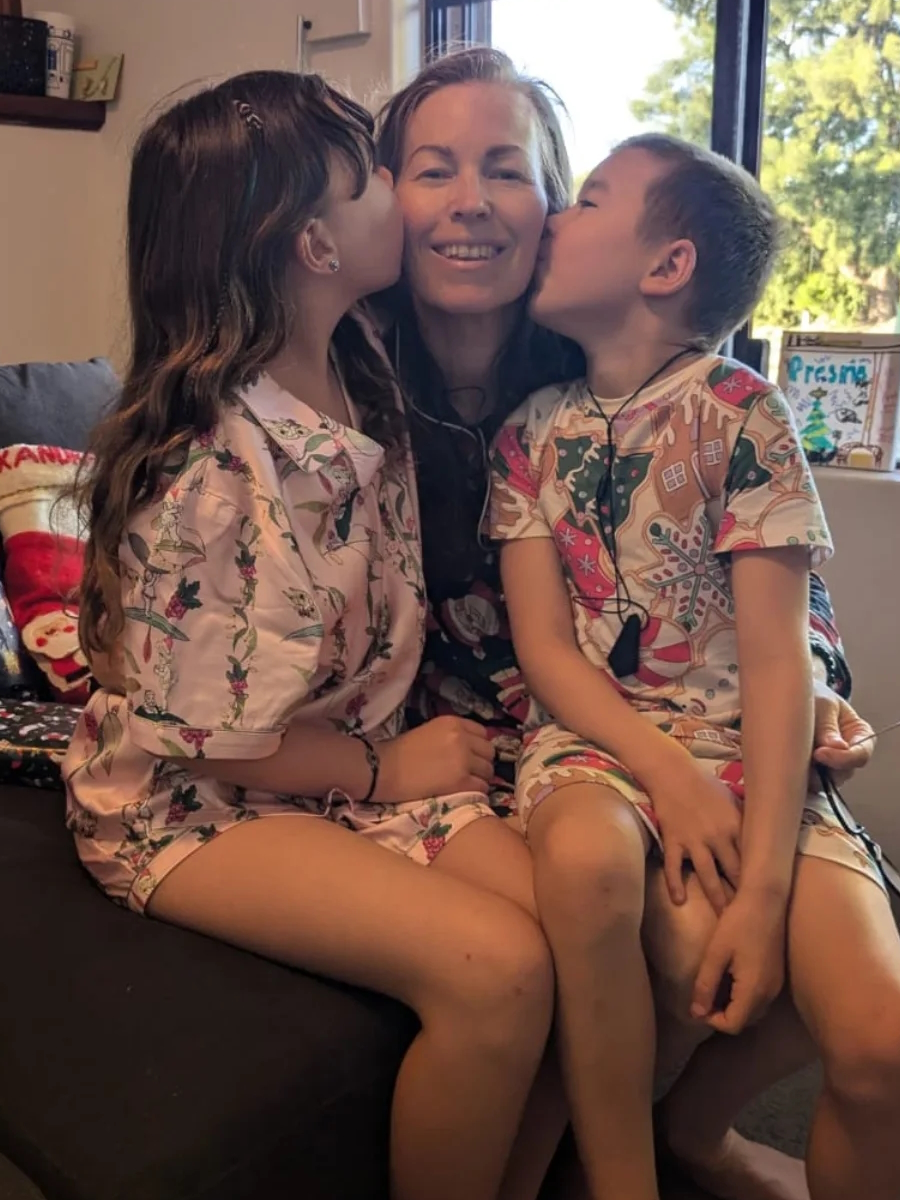
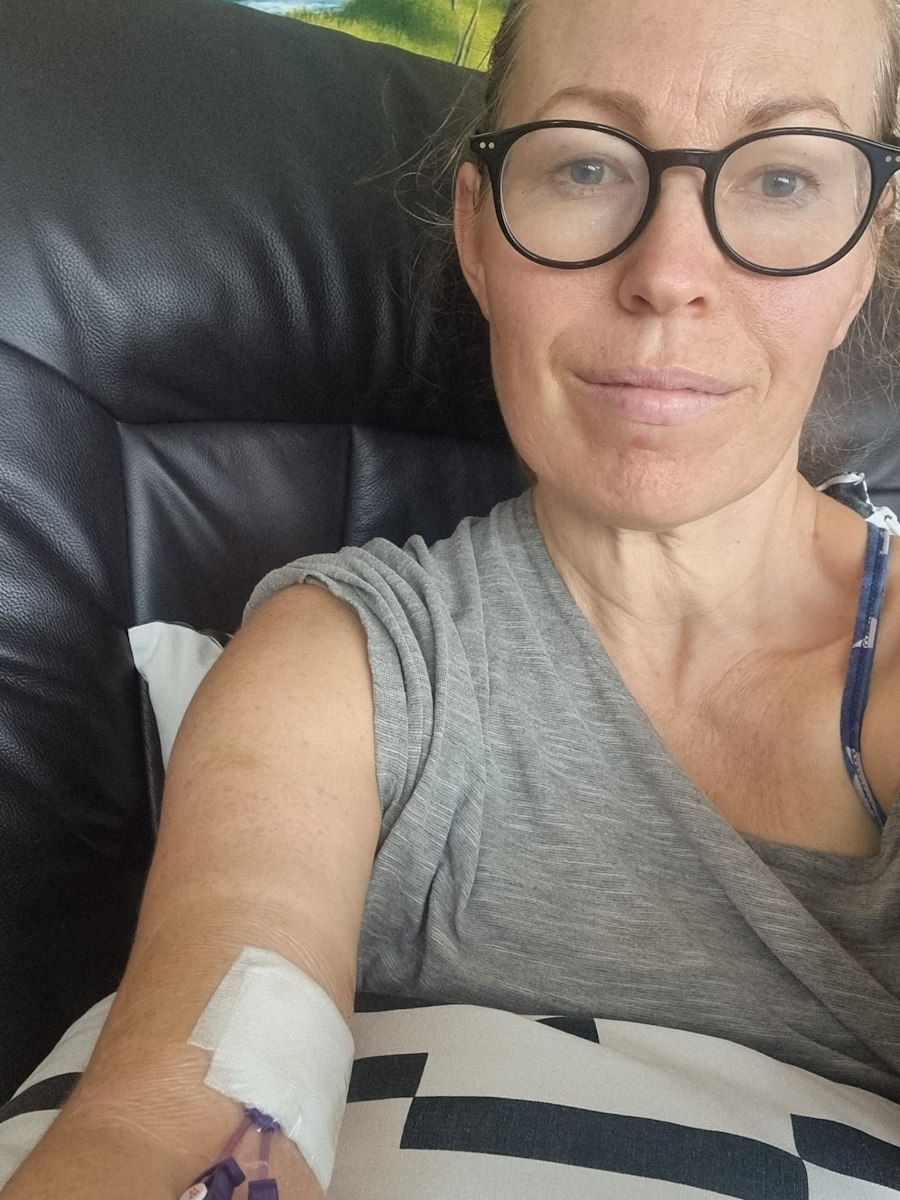
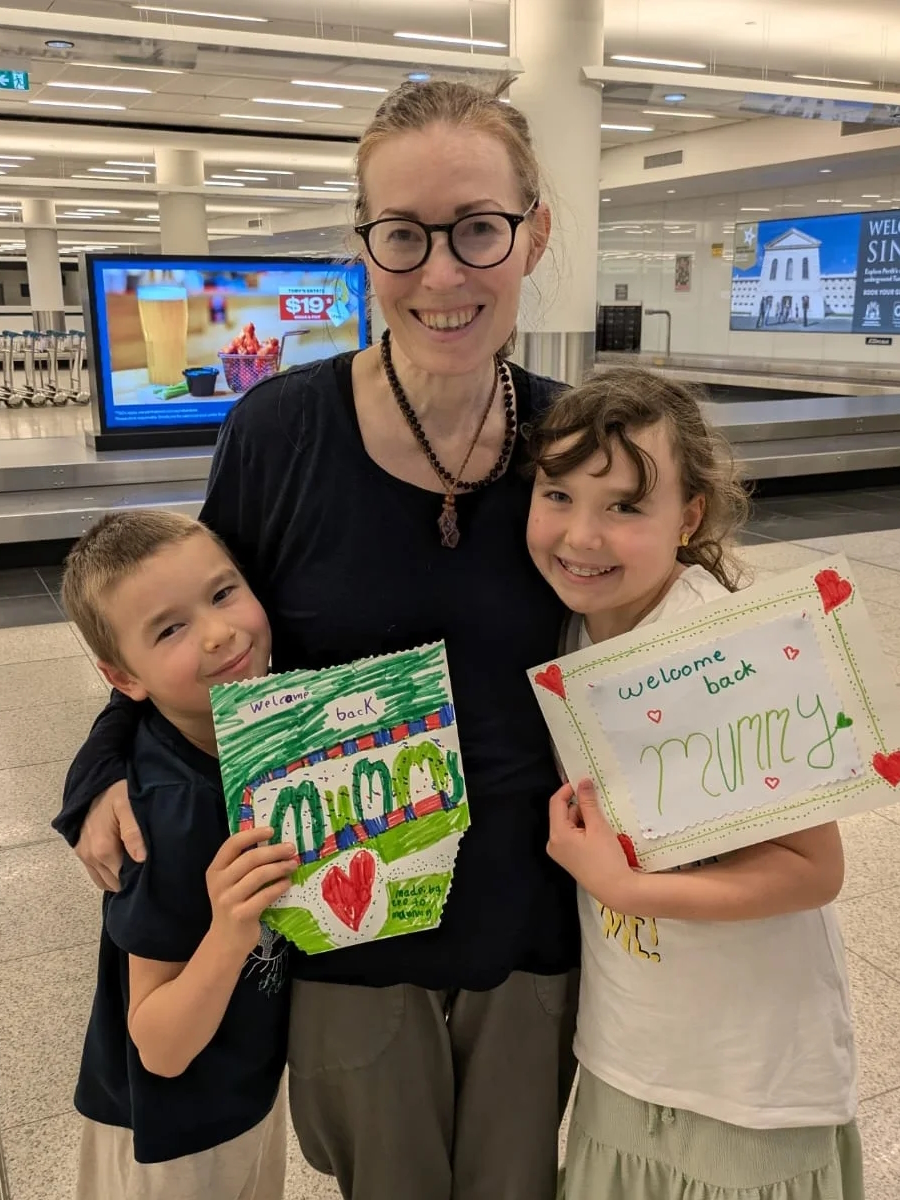

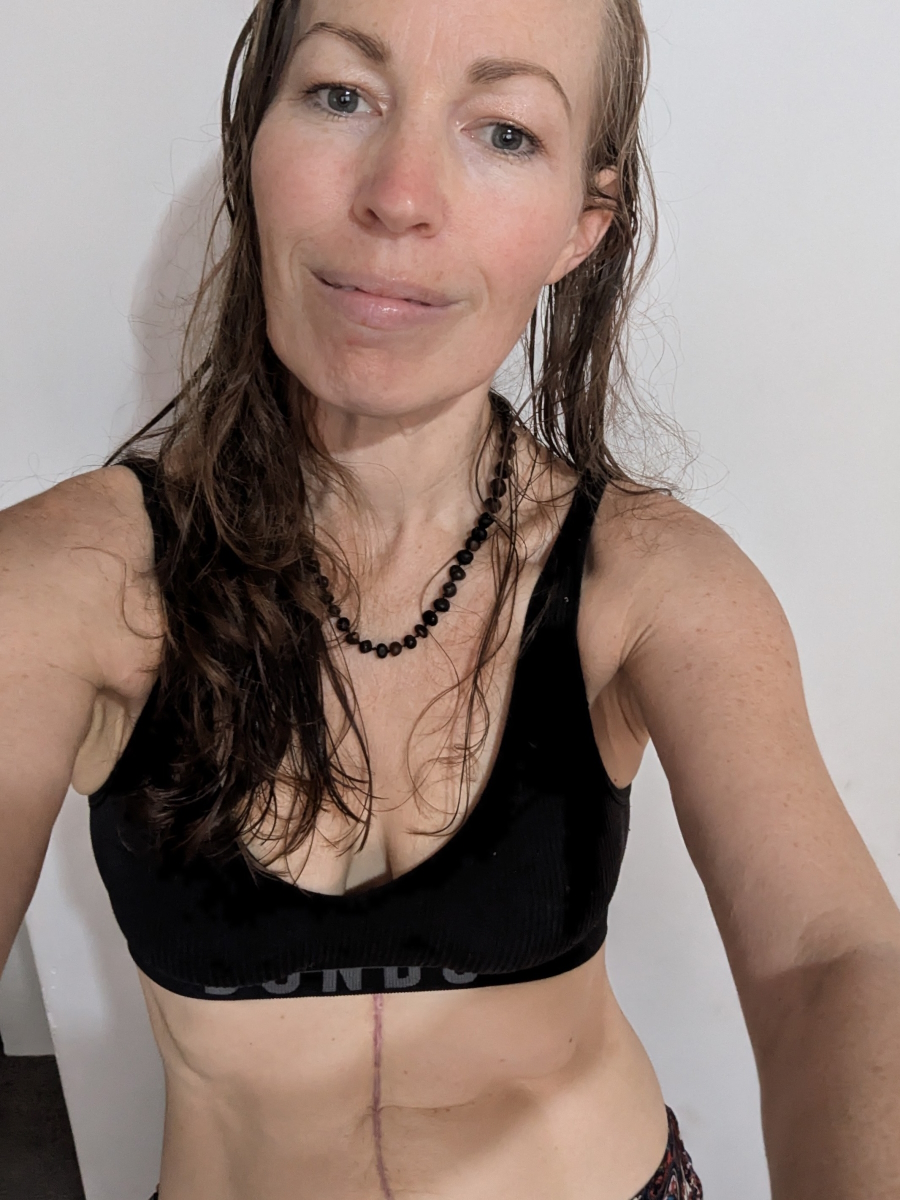
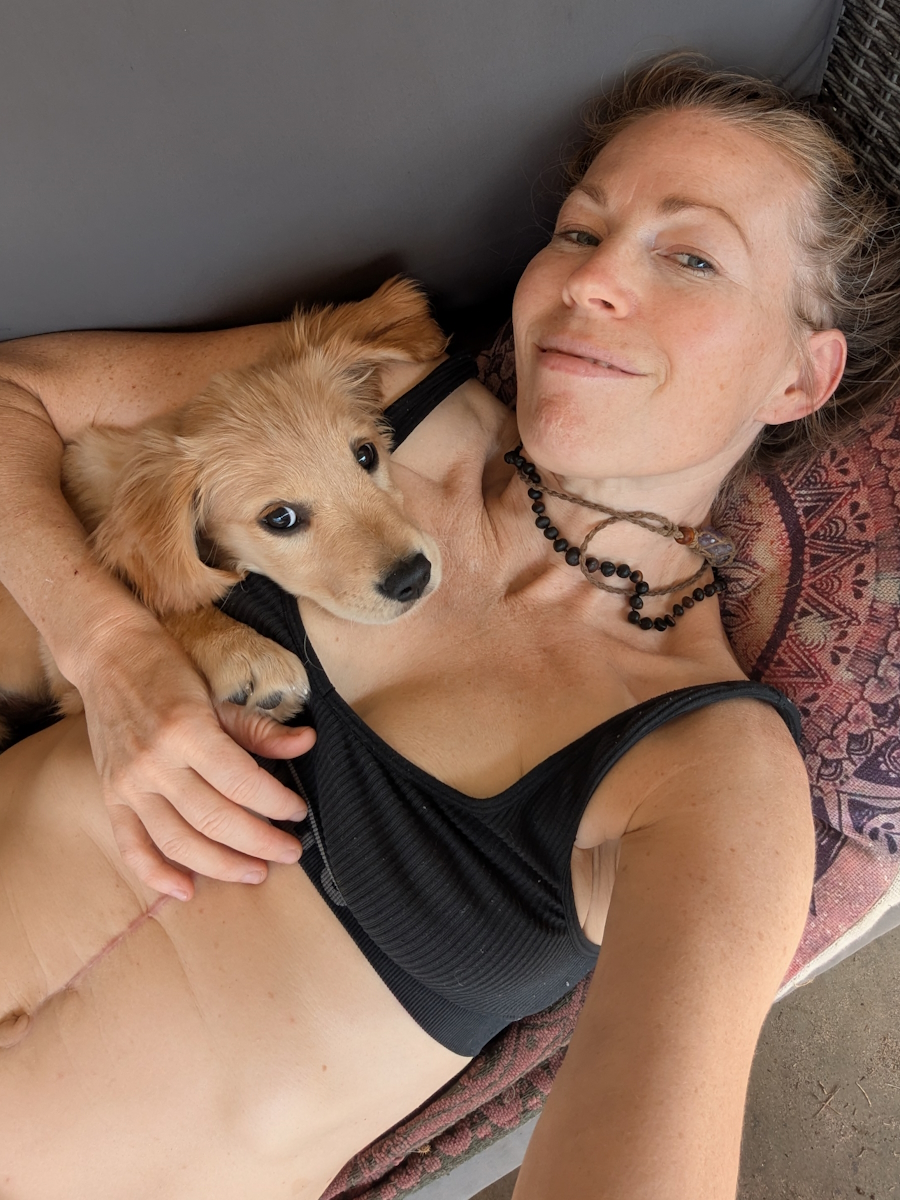
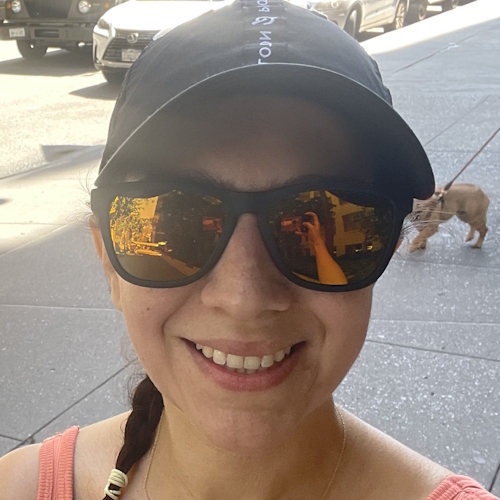


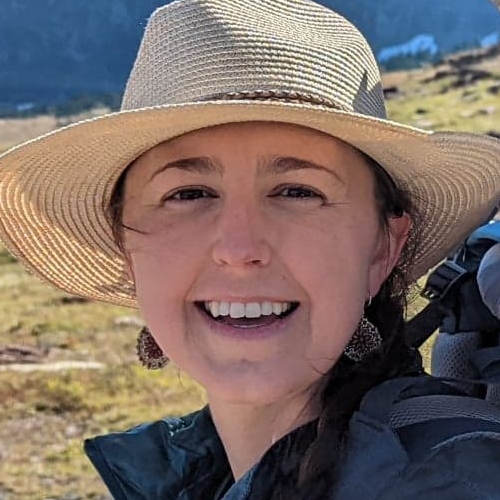

One reply on “Alli’s Integrative Approach to Appendix Cancer (LAMN & PMP)”
In April 2024 I went to ER with pain that had been going on for over two weeks. CT showed appendix at 10 cm. Emergency appendectomy. LAMN, 2.7 cm, appendix did NOT rupture. So I was staged at 0-1. No other treatment needed. Really odd that my town of 20,000 has FOUR cases of LAMN. All the others’ appendix ruptured. I am so thankful mine did not.